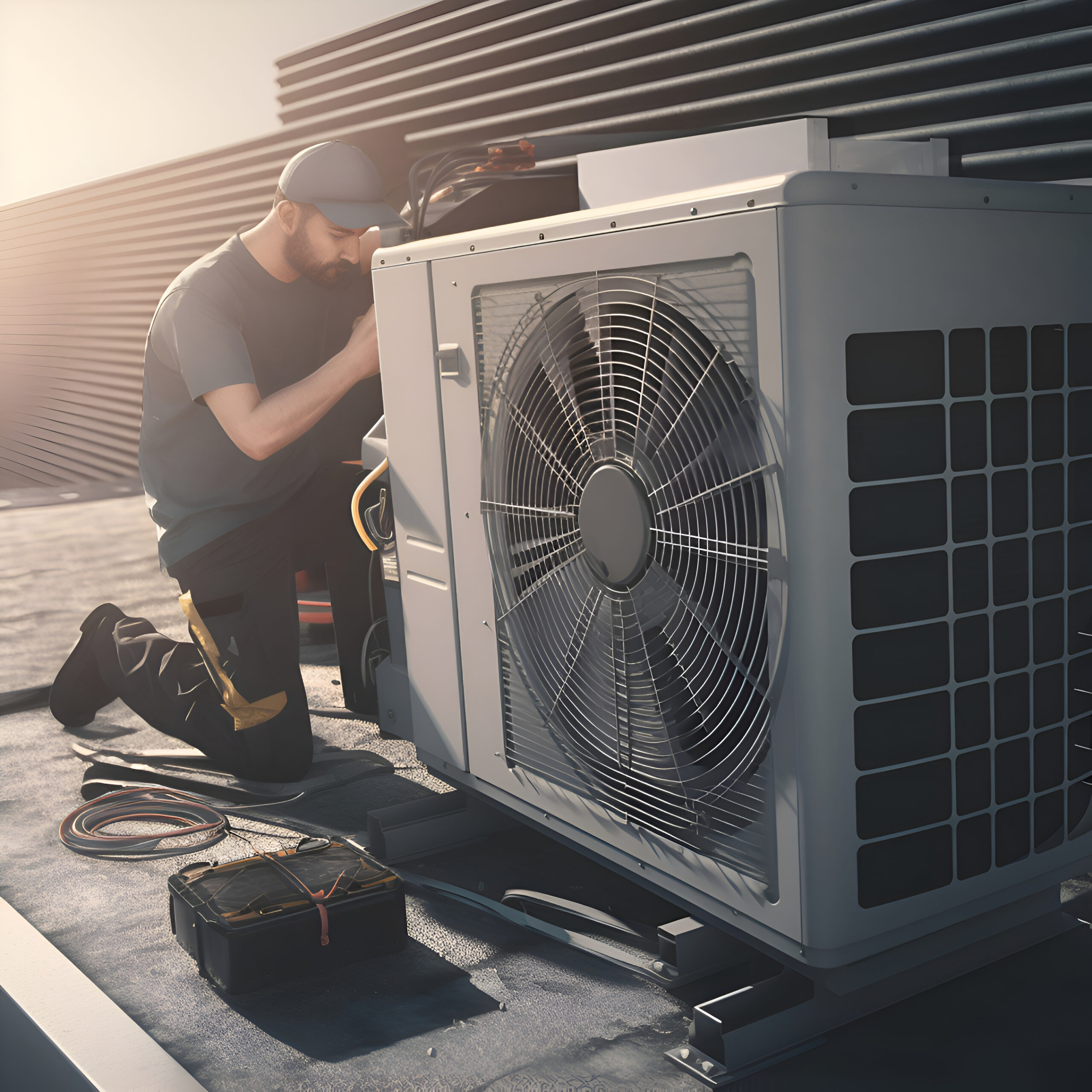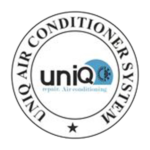Comprehensive Guide to Air Conditioners
Air conditioners (ACs) have become a necessity in modern life, providing comfort and improving indoor air quality. Whether for residential or commercial use, understanding how air conditioners work and how to maintain them is essential for optimal performance. This guide will cover everything you need to know about ACs, including types, maintenance tips, and frequently asked questions.Comprehensive Guide to Air Conditioners
Importance of Air Conditioners
Air conditioners serve multiple purposes beyond cooling:
- Temperature Control: They regulate indoor temperatures, providing a comfortable environment.
- Air Quality Improvement: ACs filter out dust, allergens, and pollutants from the air.
- Humidity Regulation: By removing excess moisture, they prevent mold and maintain a healthier indoor environment.
- Energy Efficiency: Newer models are designed to be energy-efficient, saving money on electricity bills.
Types of Air Conditioners
1. Split Air Conditioners
Split ACs consist of two units: an indoor unit that blows cool air and an outdoor unit that dissipates heat. These are popular for homes and offices.
- Advantages:
- Quiet operation.
- Energy-efficient models available.
- Aesthetic and space-saving design.
- Maintenance Tips:
- Clean or replace filters monthly.
- Check for refrigerant leaks.
- Keep the outdoor unit clear of obstructions.
2. Window Air Conditioners
Window ACs are compact, self-contained units that are installed in windows or walls. They are ideal for cooling small spaces.
- Advantages:
- Affordable and easy to install.
- Requires less maintenance compared to split ACs.
- Maintenance Tips:
- Regularly clean filters and condenser coils.
- Ensure proper sealing around the unit to prevent air leaks.
- Inspect the unit for unusual sounds or vibrations.
3. Portable Air Conditioners
Portable ACs are freestanding units that can be moved from room to room. They are a convenient choice for temporary cooling needs.
- Advantages:
- Easy to set up without permanent installation.
- Suitable for rental spaces or supplemental cooling.
- Maintenance Tips:
- Empty and clean the water reservoir frequently.
- Ensure the exhaust hose is properly vented.
- Clean air filters regularly.
4. Central Air Conditioners
Central AC systems are used to cool entire buildings or large areas. These systems distribute cool air through ductwork.
- Advantages:
- Provides uniform cooling throughout the space.
- Controlled through a single thermostat.
- Maintenance Tips:
- Schedule professional duct cleaning annually.
- Check the thermostat for accuracy.
- Inspect and clean outdoor compressor units.
Tips for Efficient AC Usage
- Optimal Temperature Setting: Set the thermostat between 24°C and 26°C for a balance of comfort and energy efficiency.
- Use Curtains or Blinds: Block direct sunlight to reduce the cooling load on your AC.
- Seal Doors and Windows: Prevent warm air from entering and cool air from escaping.
- Regular Maintenance: Routine servicing helps avoid breakdowns and extends the lifespan of the AC.
- Smart Thermostats: Use smart thermostats to optimize cooling schedules and reduce energy consumption.
Common Air Conditioner Problems and Solutions
Reduced Cooling
- Cause: Clogged filters, low refrigerant levels, or dirty coils.
- Solution: Clean or replace filters, refill refrigerant, and clean the coils.
Water Leakage
- Cause: Clogged drain lines or improper installation.
- Solution: Unclog the drain pipe and ensure the unit is installed level.
Unusual Noises
- Cause: Loose components, motor issues, or damaged fan blades.
- Solution: Tighten loose parts, lubricate the motor, or replace the fan blades.
Foul Odors
- Cause: Mold or mildew growth in the unit.
- Solution: Clean the filters, coils, and drain pan. Use an antibacterial solution if necessary.
Frequently Asked Questions (FAQs)
Q1: How often should I service my AC?
Answer: Ideally, ACs should be serviced twice a year: once before summer and once after the cooling season.
Q2: What is the average lifespan of an air conditioner?
Answer: With proper maintenance, most ACs last between 10 to 15 years.
Q3: Can I clean my AC filters at home?
Answer: Yes, most filters can be cleaned by rinsing them with water and letting them dry before reinstallation. However, some filters may need professional cleaning.
Q4: How can I improve my AC’s energy efficiency?
Answer:
- Use a programmable thermostat.
- Clean the filters regularly.
- Seal air leaks in the room.
- Schedule regular maintenance.
Q5: What size AC do I need for my room?
Answer: The size of the AC depends on the room’s area:
- 100-150 sq. ft.: 1 ton
- 150-250 sq. ft.: 1.5 tons
- 250-400 sq. ft.: 2 tons
- FOLLOW ON INSTRAGRAM


 Please enter your name and phone number below, We will get back to you soon.
Please enter your name and phone number below, We will get back to you soon.